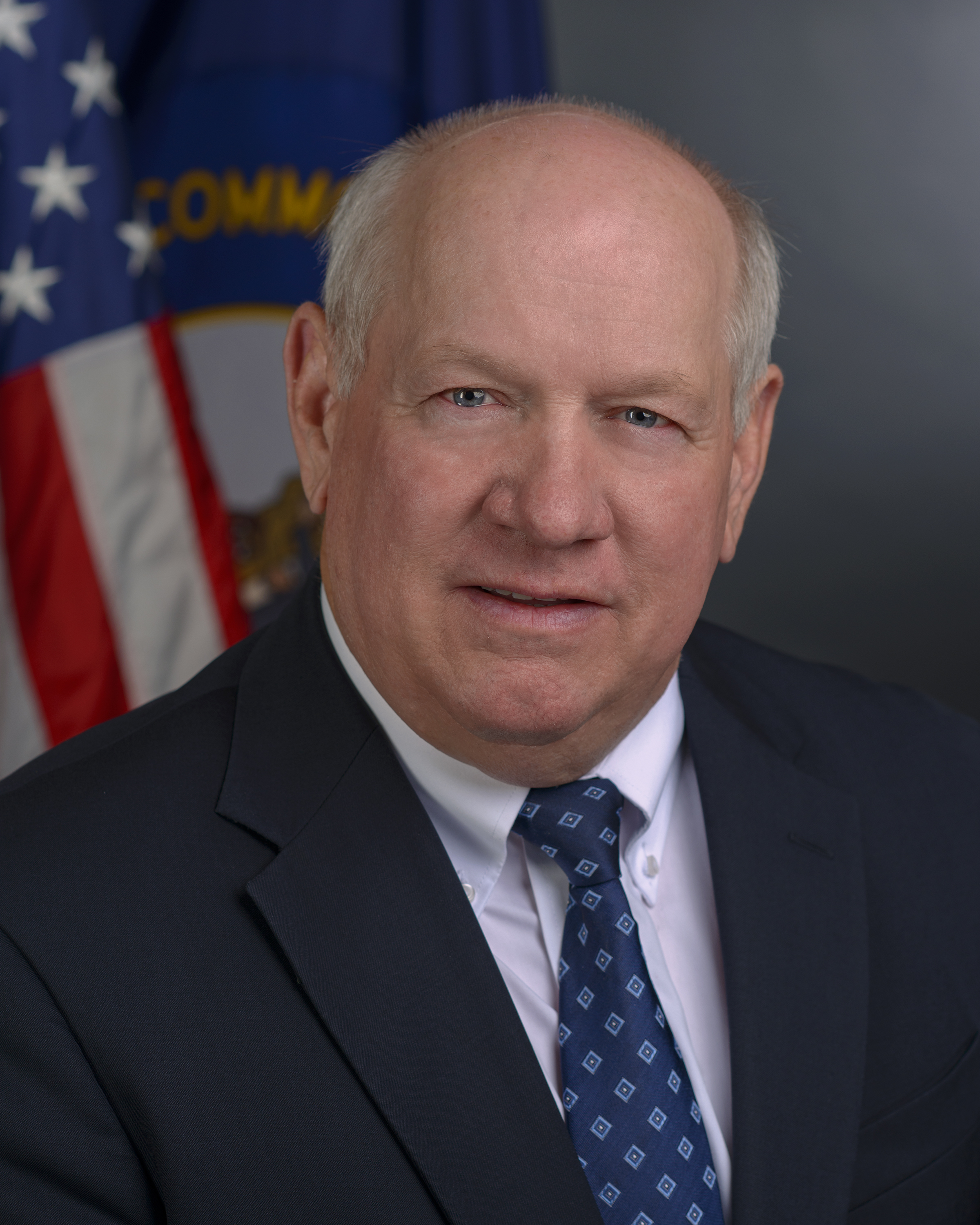KFB Candid Conversation: Mr. Agriculture, Warren Beeler
Posted on Aug 9, 2017What is the primary role of GOAP?

We are actually in the application-taking business; administration and compliance for the tobacco settlement fund. As such, we don’t decide who gets the money but we prepare people to go before committees and at the state level to present projects. With the Master Settlement funds, Kentucky put half in healthcare and half into agriculture. We have now invested over half a billion dollars into agriculture and gone from $3.7 billion in cash receipts, with tobacco being a fourth of that amount to basically $6 billion, so don’t tell me it hasn’t worked. It’s worked like a dream and has been an investment in growing agriculture in all segments. This money is meant to be impactful for farmers and help farmers help themselves.
What kind of difference has the Kentucky Agricultural Development Fund made to the state’s ag industry?
It’s helped agriculture do a better job and encouraged farmers to invest and it’s amazing what we have seen. In 1998 when this money showed up, we had 46,000 tobacco farms. Now we have less than 4,600. But we have grown this industry and it’s easy to see how it’s working. We’ve done a really good job of expanding and are really good stewards of the land, water and caretakers of the animals better than we’ve ever done it; we’ve never done agriculture so well and this tobacco money is responsible for a lot of that progress. We’ve had four governors and all the legislators who have let this money work and we have helped in every county. Agriculture here is bigger, better, more efficient, and with better stewardship because of KADF.
What is the one thing you want to convey to the many audiences you speak to each year?
Farmers do such a good job in terms of producing at a high level, that people in the grocery stores who get four or five different varieties of everything, they take it for granted. My position is to make people understand that we do agriculture better than at any time in history, doing more with less. We do such a good job of farming but we do a pitiful job of telling it, so I take that on in my role. I tell people we are not the same as in the days of following mules behind a plow. We do extensive soil testing; we use GPS to be more efficient in planting; managing nutrients and doing it better and learning something every day and we will keep getting better.
How important is it to get the next generation involved in the agriculture industry?
The next generation is where it’s at. We need geneticists because there will come day when we need to to identify every gene in plants and animals; we have to have engineers as we look at GPS equipment as well as new all kinds of new technology, also for environmental needs to produce more with less. We lost 22 million acres of farmland in the last 10 years. We’ve got to go inside with greenhouses; learn how we go from 200 bushel corn to 400 in terms of feeding a population that is going to be eight or nine billion by 2050. The average age of the farmer is 62 so we’ve got to have the young people. The questions to be answered are, how do we instill the passion in them of loving agriculture and how do we get those folks, those Governor’s Scholars students into this system? We need them.
What do we say about misconceptions and knowing the “real facts” about agriculture?
We have a terrible perception problem. When you think of agriculture, many think of some old farmer with tobacco juice running down his chin and in overalls. That’s not the way it is. It is big business and a business that takes a tremendous amount of knowledge. We’re talking about science and math. We have to figure out how to change those incorrect perceptions. We have to figure out how to make it attractive to these brilliant young people and get them involved. And how we make agriculture the in-thing like computer engineering and computer software. We do that every day in agriculture, just no one knows about it. We do a great job farming, we don’t do a great job of telling people about it even when it comes to telling each other in different ag sectors. We have a lot of people however attacking our methods and such and I don’t have much time for that to be honest. How in the world can we farm and mistreat animals; you won’t last any time. How can we farm, mistreating the soil; you won’t last two years. So, everything we have to do in agriculture has to be sustainable. You can’t do it any other way. And I’m wearing the roads out telling people about it.
When Warren Beeler retires to the farm in Caneyville, what message do you hope to have conveyed?
We have to quit thinking this thing called agriculture ends at the trailer gate. Tobacco money gives us a chance to experiment. Ultimately farmers have to make a profit and we in GOAP are trying to figure out what can we do to help, not only with new ideas but with extended ownership of what we already do. We sell corn and we need to be selling ethanol; we don’t sell wheat, we sell biscuits; we don’t sell cabbage, we sell coleslaw in a bag; extend it and let the farmers get a piece of that. We need to grow agriculture. That is what this office is all about and we have the money to do it.
Comments